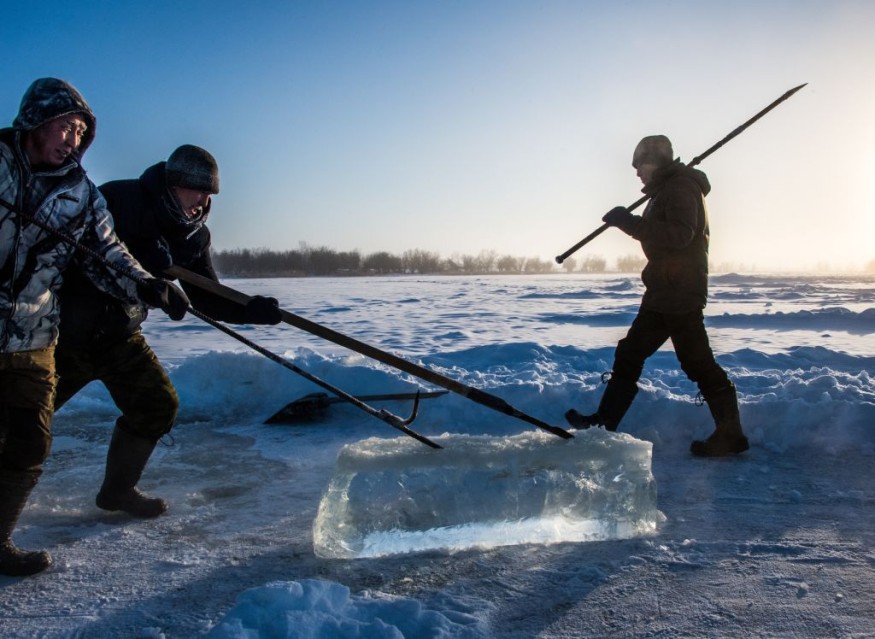Climate research in the Russian province of Siberia is at stake amid the Russia-Ukraine war.
The UK-based scientists are conducting the said research on the province's large carbon sink that contains greenhouse gases. Its stabilization is crucial in limiting global warming and meeting the goals of the Paris Agreement.
Following the Russian invasion of Ukraine, the scientists are facing a challenge on getting back to Siberia to continue their study and eventually compile data on how to stabilize the Earth's largest carbon sink in the Russian province.
Russia contains large amount of atmosphere-damaging greenhouse gases underneath its frozen grounds. The research was supposed to curb these gases' potential release due to thawing.
However, their work is halted, especially after the United States and its allies imposed sanctions on Russia.
Climate Research

The UK research team from the Northumbria University are accompanied by their Russian colleagues to conduct their decades of research of collecting rock formations from the caves of Siberia.
The rocks are said to contain data on global climate.
As the Russian invasion on Ukraine commenced on Feb. 24, it has impeded the ongoing climate research that can help stabilize the carbon sink and eventually meet the United Nations' global target of limiting global warming by up to 1.5 degrees Celsius, as per the Evening Standard.
Approximately 11 million square kilometers of permafrost covers the Russian territory, as per the United Nations Educational, Scientific, and Cultural Organization (UNESCO).
Beneath the ice sheet contains significant amount of greenhouse gases equivalent to twice as much in the Earth's atmosphere,
According to UNESCO, the release of these greenhouse gases will be catastrophic to the ongoing climate change and global warming facing the planet.
It is for this reason the ongoing climate research by the UK is essential when it comes to fighting global warming.
Thawing and Permafrost
Stabilization of Russia's Siberia carbon sink and its permafrost is crucial limiting the greenhouse gas effect and global warming, which is under the objectives of the UN-led Paris Agreement, also known as the Paris Climate Agreement or the Paris Accords.
However, the thawing or melting of ice worldwide is countering the efforts and progress against increased greenhouse gas emissions.
Due to the vast land area under Russian territory, its large permafrost as pointed out by UNESCO can make us deviate away from reaching the goals on climate change.
Science and War
The UK researchers will find it hard even further to go back to Siberia and continue their research due to several factors related to the Russian-Ukraine war.
Aside from the imposed sanctions on Russia and the security threats surrounding travel in the region, Moscow recently issued its list of unfriendly countries.
According to the Russian news agency TASS, the UK is among the list of unfriendly countries issued by the Russian President Vladimir Putin.
The list pertains to the countries that showed hostility or unfriendly conduct against Russia, including its companies, citizens, and government.
The UK being on the list may affect the resumed travel of the scientists back to Siberia.
Regardless, it is still not clear if Putin's list will also ban the UK scientists from engaging travel in and out of Russia.
The situation highlights that the political ramifications of war also affect research in the name of science.
© 2025 NatureWorldNews.com All rights reserved. Do not reproduce without permission.





